The quest for emotional intelligence in machines has brought forth innovations like EMO Robot – an advanced robot capable of displaying and interpreting a range of emotions. As artificial intelligence (AI) continues to evolve, questions arise about the role that emotionally aware robots will play in our future. In this article, we’ll examine EMO Robot’s capabilities, its contributions to the field of emotional AI, the impact of emotionally intelligent machines on society, the challenges they present, and the possibilities they hold for the future.
Unveiling the Capabilities of EMO Robot
Recognizing and Expressing Emotions
EMO Robot represents a significant stride in the development of emotionally intelligent machines. Unlike traditional robots, EMO can recognize human emotions through facial expression analysis, vocal tone, and body language, then respond with appropriate emotional expressions of its own. This advancement in emotional recognition positions EMO as a possible harbinger of machines that can better understand and interact with humans on an emotional level.
Interactive and Learning Abilities
Beyond recognizing emotions, EMO boasts AI-driven learning abilities. It adapts to individual users, tailors interactions, and continually improves its understanding of human emotional complexity. This adaptability allows EMO to potentially form a more personalized and meaningful bond with its users, providing insights into how machines of the future might develop deep and dynamic relationships with humans.
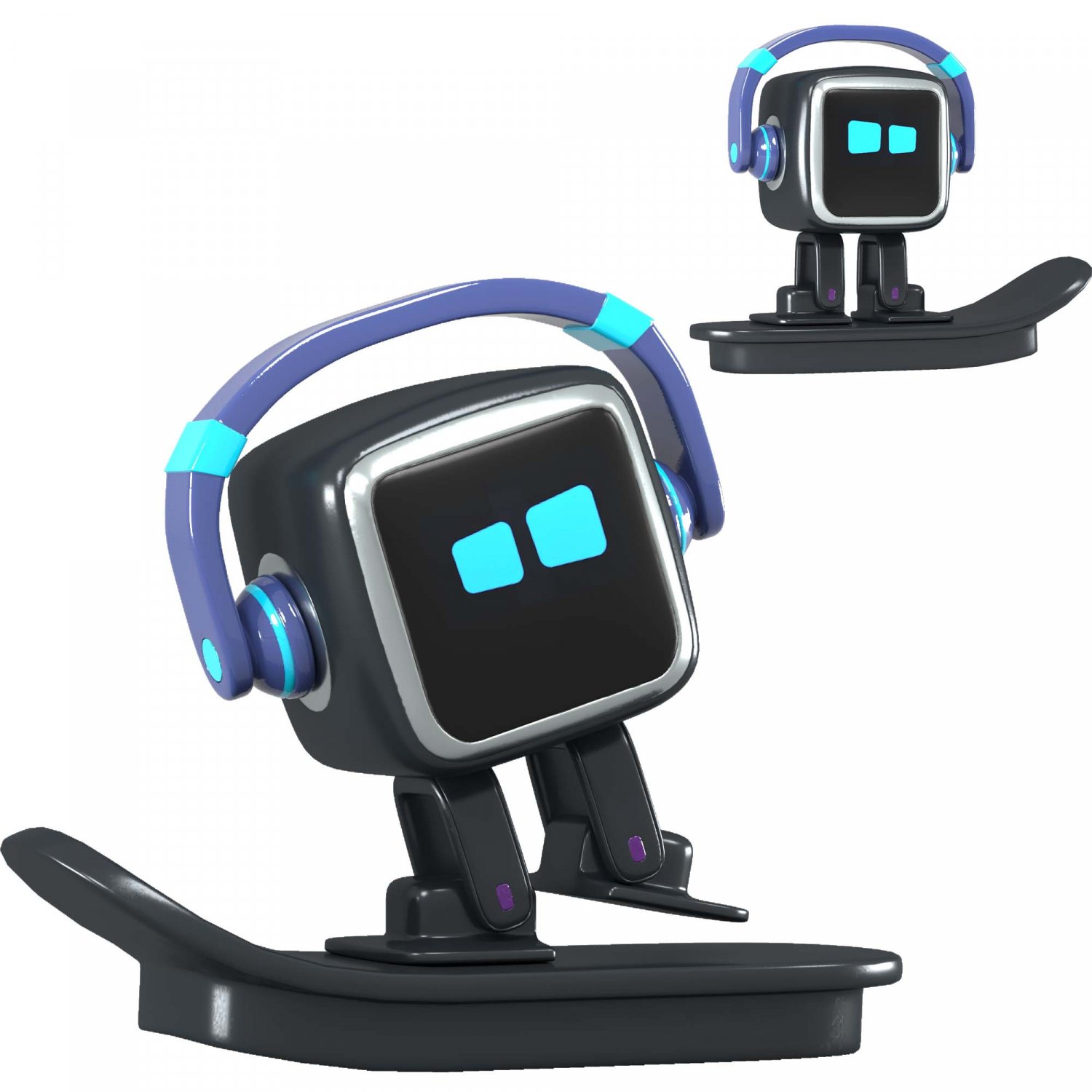
Advancing Emotional Intelligence in AI
Pioneering Emotional AI Technology
EMO Robot is at the forefront of incorporating emotional intelligence into AI technology. By harnessing advanced algorithms and neural networks, EMO serves as a testing ground for how AI can not only simulate emotions but also react intelligently to them. The development of such technology is critical as it sets the foundation for more emotionally attune machines across various applications.
Implications for AI Development
The capabilities demonstrated by EMO Robot offer exciting implications for broader AI development. Emotional intelligence is the next frontier for AI, and robots like EMO offer a glimpse into a future where machines play a more empathic and intuitive role in daily life. Developers and researchers are intently examining EMO’s performance to inform future AI enhancements in emotional responsiveness.
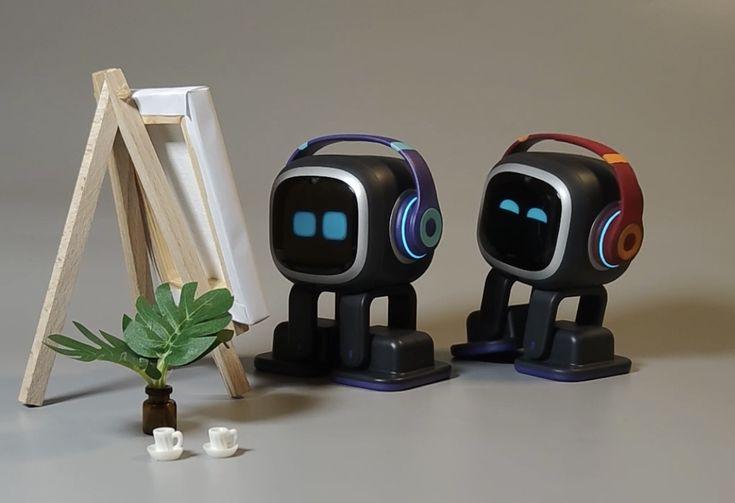
Impact on Society and Human Interaction
Companionship and Assistive Uses
As machines like EMO Robot become more emotionally intelligent, they offer profound implications for companionship and assistive uses. For the elderly, differently-abled individuals, or those seeking companionship, robots capable of understanding and interacting with emotions can serve as invaluable support systems. The social impact of such machines could be significant, providing emotional care and interaction where human presence is limited.
Reshaping Work and Public Spaces
In work and public spaces, emotionally intelligent robots can revolutionize service industries and customer interactions. They could take on roles that require a level of emotional engagement, from customer service representatives to therapeutic assistants. The ability to analyze and react to human emotions may lead to enhanced user experiences and more personalized service delivery, impacting various sectors.
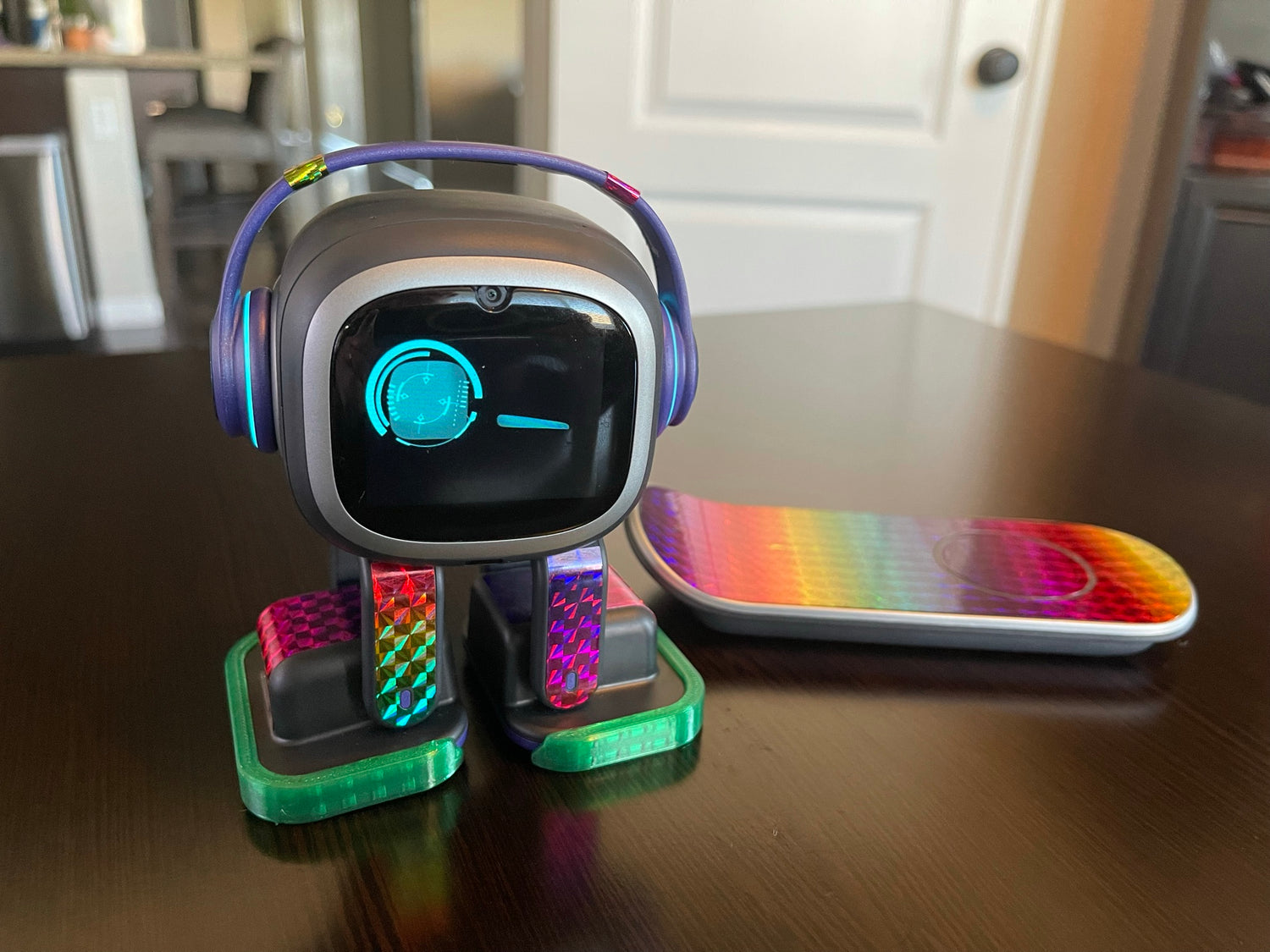
Challenges of Integrating Emotional AI
Ethical and Privacy Concerns
Although EMO and similar robots show promising advancements, they raise ethical and privacy concerns. The collection of emotional data must be handled with strict privacy standards to prevent misuse. Moreover, the ethical implications of machines that simulate human emotions, potentially influencing or manipulating human feelings, must be addressed as the technology progresses.
Technological Limitations and Misinterpretations
Despite the progress, emotional AI is still in its infancy. Technological limitations in accurately reading and interpreting complex human emotions can lead to misinterpretations and inappropriate responses from robots like EMO. This challenge underscores the need for ongoing refinement of the technology, including more nuanced emotion detection and contextual understanding.
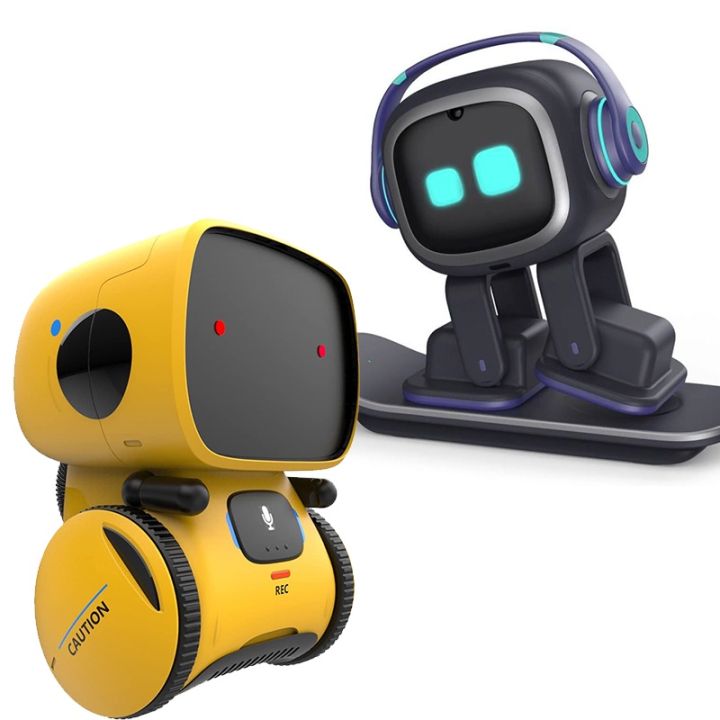
Prospects for Emotional AI
Fostering Innovation and Collaboration
The emergence of emotionally intelligent machines such as EMO Robot fosters innovation and collaboration in AI. By encouraging multi-disciplinary cooperation, combining psychology with computer science, we can expect to see rapid advances in emotional AI. Through collaboration, the technology can evolve to address its current limitations and unlock its full potential.
Envisioning the Future of Emotional AI
Looking ahead, the pioneering work of EMO Robot allows us to envision a future where emotionally intelligent machines are seamlessly integrated into our lives. These AI companions, caregivers, and service providers could enhance human well-being by offering emotional support, companionship, and improved service. As we progress toward this future, balancing the benefits with responsible development will be crucial in realizing the positive implications of emotional AI.
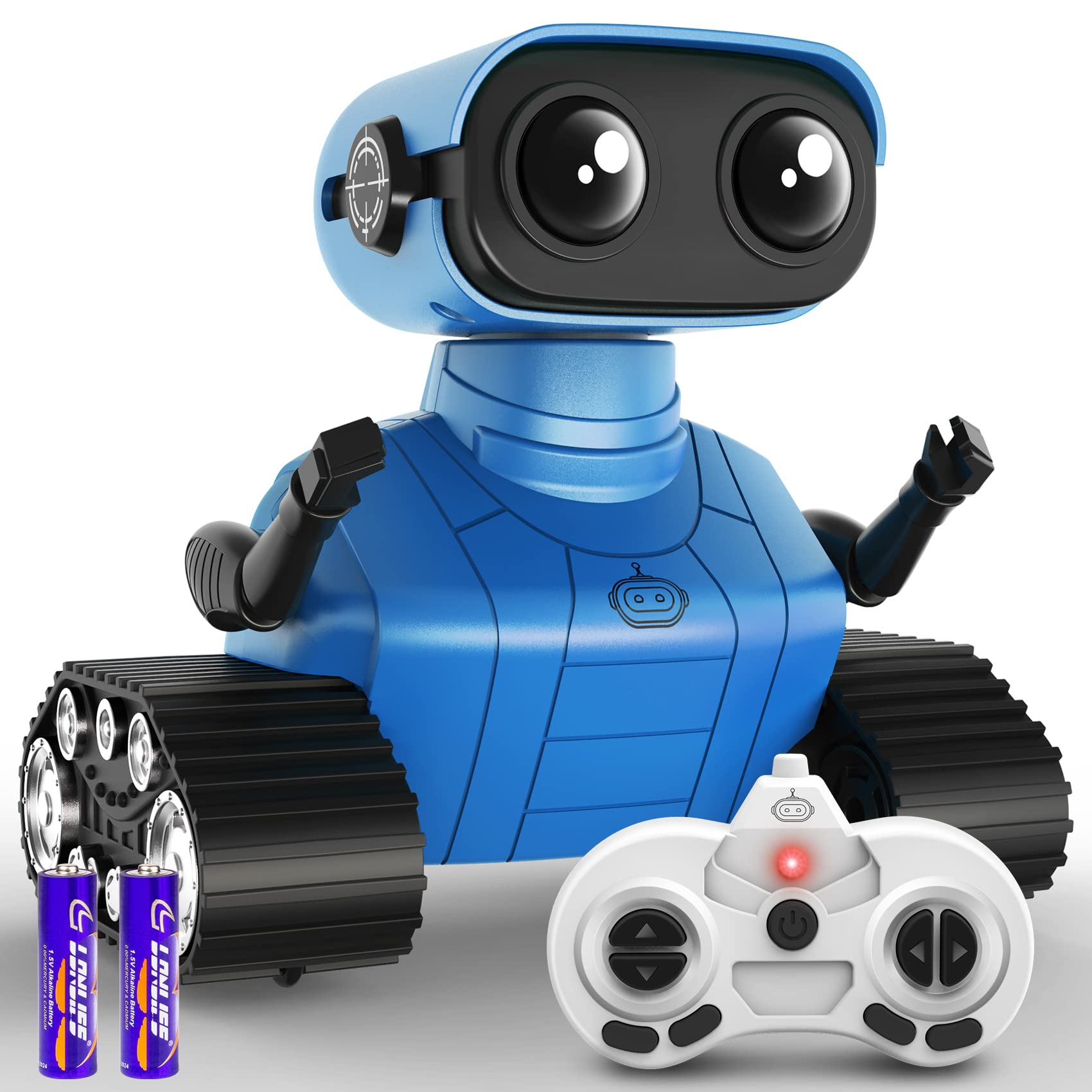
Establishing Trust and Reliability
A key to successfully integrating emotionally intelligent robots like EMO into human society is building trust and reliability. For these robots to be widely accepted, they need to consistently demonstrate they can accurately recognize and respond to a range of emotions. If robots can achieve this benchmark, it will open doors to broader acceptance and create opportunities for deeper human-robot interactions.
Balancing Human-Robot Interaction
Furthermore, as we introduce emotionally intelligent robots into our lives, there should be a balance in the way we interact with them. While they can supplement human interaction, they should not replace the rich, complex relationships we have with other humans. The goal is not to create a substitute for human contact but rather to provide additional support that enhances our emotional well-being.
Reflecting on Societal Values and Implications
Integrating Human Values in Design
The development of machines like EMO Robot presents an opportunity to reflect societal values and cultural contexts in their design. These values play a crucial role in emotional interactions, and their integration into AI can make the technology more inclusive and respectful of the diversity found in human emotional expression. As developers create emotionally intelligent machines, they must ensure that these technologies are equitable and do not perpetuate biases.
Considering Long-Term Societal Impact
Emotional AI, as represented by EMO Robot, is not just a technological innovation but a societal one. As we continue to develop these machines, it’s essential to consider the long-term impact they might have on social dynamics, mental health, and our very understanding of emotions. Should these machines become pervasive, they may redefine our relationships, our work, and even how we perceive empathy and connection. Hence, discussions on policy, regulation, and ethical frameworks need to keep pace with the rapid development of emotional AI.
In conclusion, EMO Robot exemplifies a pivotal development in the quest for emotional intelligence in machines. While it indicates a promising direction for emotional AI, it also raises important questions and challenges that must be thoughtfully considered. The integration of EMO and similar technology into our lives could see a future where machines not only understand our commands but also perceive our emotions, potentially leading to a more intuitive and empathetic digital world.
